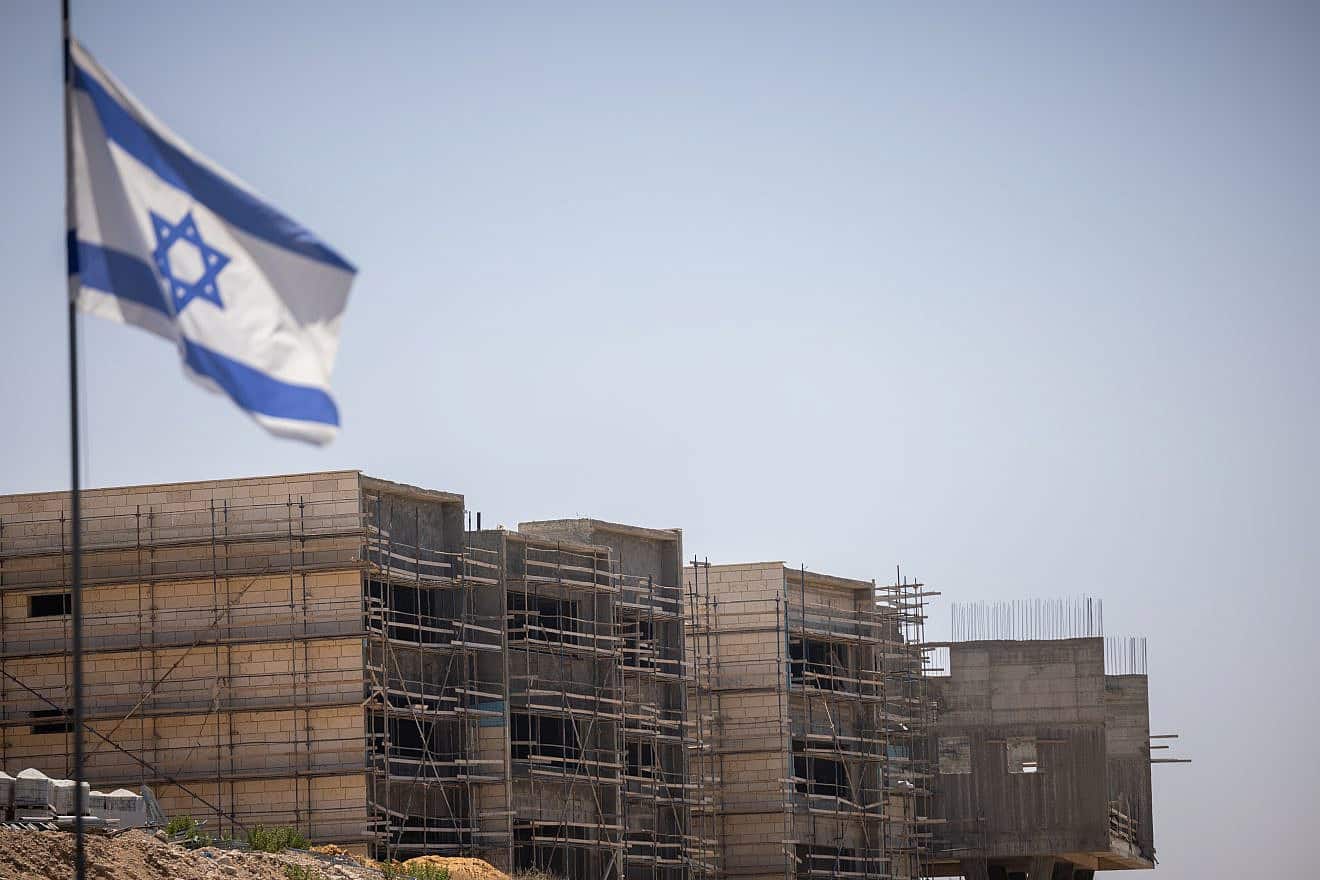In a representative survey conducted by the Israel Democracy Institute from November 2 to 6, a clear plurality of Israeli Jews said they prefer that Israel apply sovereignty over Judea and Samaria. For the first time in months, the numbers show a measurable shift away from diplomatic formulas and toward a decisive step that many Israelis increasingly see as necessary for national security and long-term stability.
According to the survey, 41% of Israeli Jews favor extending Israeli sovereignty over Judea and Samaria. Only 27% support negotiations with the Palestinian Authority for a final-status agreement. Just 17% prefer continuing the status quo. Among Arab Israelis, the picture is reversed: 61% favor renewed talks with the PA, 25% support maintaining the current situation, and only 5% support annexation.
The ideological divide among Jewish Israelis is stark. A firm majority of right-wing respondents—58%—support annexation. On the left, only 7% do. Among centrists, the number is 19%. These gaps echo the broader collapse of public belief in the two-state formula. That collapse is not limited to Israelis. Palestinian polling conducted over the last several years by major regional institutes has shown persistent and deepening opposition among Palestinians to the two-state plan. Support for a negotiated settlement has dropped well below 40% in multiple surveys, while backing for armed struggle or maintaining the current political stalemate has grown. Large majorities of Palestinians also express sweeping distrust of the Palestinian Authority, viewing its leadership as corrupt and unrepresentative. In Judea and Samaria and in Gaza alike, the idea of a negotiated two-state solution has lost traction, replaced by political paralysis and internal fragmentation.
The poll highlights the broader failure of Israel’s decades-long experiment with the “land for peace” formula, first enshrined in the Oslo Accords of the 1990s. Its left-wing, typically secular/anti-religious advocates presented Oslo as a historic breakthrough. The land-for-peace agenda advocates for a “Two-State Solution”.
The Two-State Solution would create an unprecedented militarized Arab state inside Israel’s borders, ethnically cleansed of Jews, with its capital in an exclusively Muslim Jerusalem. This would require a return to the ceasefire lines drawn up after the defensive 1967 Six-Day War that are considered to be indefensible against an Arab threat. The UN resolution violates the Oslo Accords which require any resolution concerning Judea and Samaria to be the result of bilateral negotiations between Israel and the Palestinians.
The survey also measured attitudes on unrelated internal issues, including the draft of yeshiva students. Nearly half—49.5%—of Jewish respondents said all draft-age ultra-Orthodox men should serve, aside from a limited number of exceptional scholars. Thirty-one percent said only those not engaged in full-time yeshiva learning should be drafted. Fifteen percent support returning to the pre-2024 system of broad, renewable deferments.
The poll explored Israelis’ views on the United States as well. A majority of Israelis—Jews and Arabs—believe that Israel’s security is one of President Trump’s central considerations. Even more striking is the finding that the largest share of the total sample believes the United States holds more influence over Israel’s security decisions than the Israeli government itself. On the left and in the political center, that view is held by a majority. On the right, it remains the single largest group.
The sharp rise in support for annexation reflects a public that no longer sees the two-state framework as viable. Israelis have watched repeated rounds of terror, internal Palestinian division, and the empowerment of armed factions operating openly under the Palestinian Authority. Palestinian surveys show the parallel trend: declining support for negotiations, rising frustration with the PA, and no unified Palestinian leadership capable of producing or sustaining any diplomatic outcome. The ground has shifted on both sides, but Israelis are now the ones expressing it with numerical clarity.
A poll does not determine policy, but it reveals the direction in which a society is moving. This one shows a country increasingly willing to articulate what it has long felt: Judea and Samaria are the heart of the biblical homeland, and sovereignty there is no longer a fringe idea. It is becoming the center of the national conversation, backed by data, grounded in history, and anchored in the enduring covenant described in the Bible.




